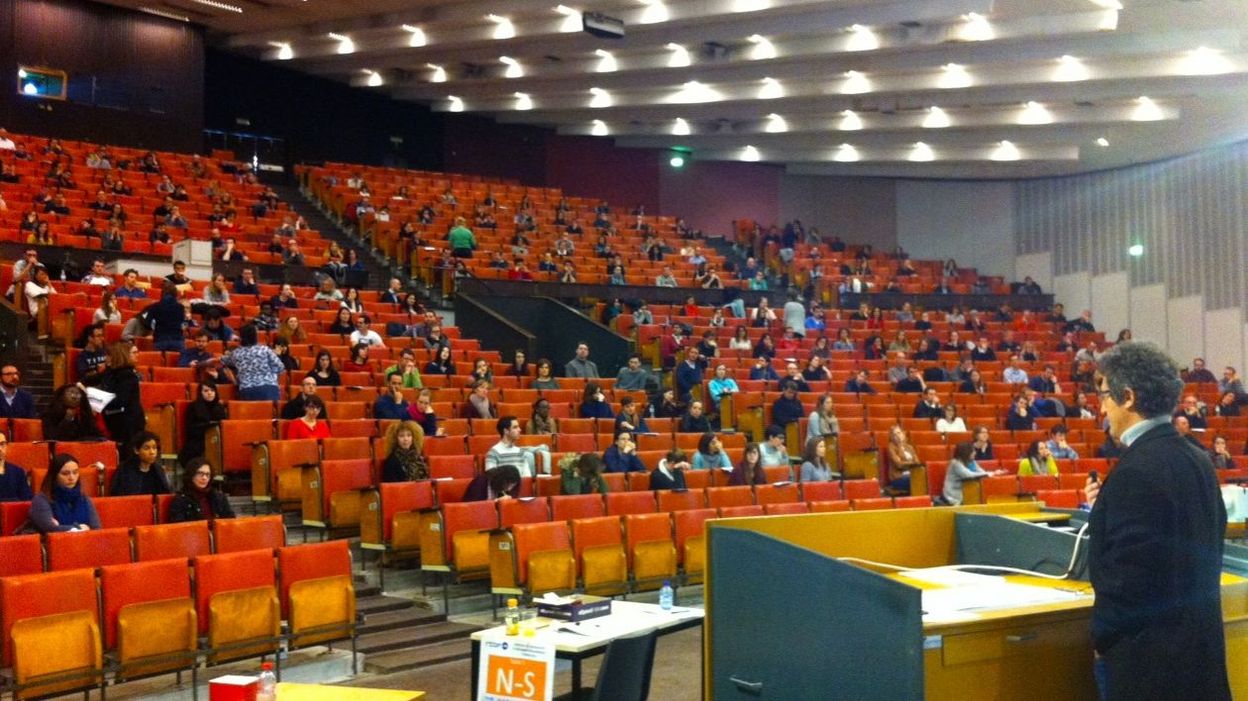BOE Rate Cut Odds Diminish: Pound Rises Following UK Inflation Figures

Table of Contents
UK Inflation Remains Stubbornly High
Core Inflation Data
The core inflation figures, which exclude volatile items like food and energy, remain stubbornly high. This is a key concern for the BOE, as core inflation reflects underlying inflationary pressures within the economy. The persistence of high core inflation indicates that inflationary pressures are more deeply embedded than initially anticipated.
- Specific core inflation numbers: June's core inflation figure was [Insert actual figure here], slightly higher than market expectations of [Insert expected figure here]. This represents a [percentage change] compared to May’s figure.
- Comparison to previous months/years: Core inflation has remained above the BOE's 2% target for [Number] consecutive months, highlighting the persistent nature of the inflationary pressures.
- Analyst commentary: Many analysts now believe that the inflation battle is far from won, with sticky inflation proving more resilient to interest rate hikes than initially predicted. This persistent inflation signals that the BOE’s monetary policy needs to remain vigilant. Keywords: Core inflation, sticky inflation, persistent inflation, CPI, RPI
Impact on Consumer Spending
Persistent high inflation significantly impacts consumer spending and overall economic growth. High prices erode purchasing power, forcing consumers to cut back on non-essential spending. This reduced demand can lead to slower economic growth and potentially even a recession.
- Consumer confidence indexes: Consumer confidence indexes have fallen recently, reflecting growing concerns about the cost of living. This decreased confidence further dampens consumer spending.
- Retail sales data: Recent retail sales data show a [percentage change] in spending, highlighting the impact of inflation on consumer behavior.
- Potential impact on future inflation: While reduced consumer spending may eventually curb inflation, the current high levels pose significant challenges to economic stability in the short-term. Keywords: Consumer spending, retail sales, economic growth, consumer confidence
BOE's Response and Future Monetary Policy
Shifting Market Expectations
The latest inflation data has dramatically shifted market expectations regarding BOE rate cuts. Previously, many analysts predicted rate cuts to stimulate economic growth. However, the persistent inflation has led to a reassessment of this outlook. The probability of further interest rate hikes has increased significantly.
- Changes in interest rate futures pricing: Interest rate futures contracts now reflect a higher probability of further rate hikes by the BOE.
- Analyst predictions for future rate hikes/cuts: Many analysts now predict at least one more interest rate hike in the coming months, with some forecasting further increases.
- Impact on government bonds: Yields on UK government bonds (gilts) have risen, reflecting the increased expectation of higher interest rates. Keywords: Interest rate futures, bond yields, gilts, monetary policy tightening, quantitative tightening
Potential for Further Rate Hikes
Given the persistent inflation, the BOE may feel compelled to raise interest rates further to bring inflation back to its 2% target. However, this strategy carries significant risks. Higher interest rates increase borrowing costs for businesses and consumers, potentially slowing economic growth and increasing the risk of recession.
- Arguments for further hikes: Proponents of further rate hikes argue that decisive action is needed to curb inflation and prevent it from becoming entrenched.
- Potential risks associated with further hikes: Opponents warn that aggressive rate hikes could trigger a recession and lead to further economic hardship.
- Impact on mortgage rates: Higher interest rates directly impact mortgage rates, making it more expensive for people to buy homes. Keywords: Interest rate hike, monetary policy, inflation target, mortgage rates
Pound Sterling Strengthens on the News
GBP Exchange Rate Movement
The unexpected inflation figures have strengthened the pound sterling against other major currencies. Investors are increasingly viewing the UK as a more attractive investment destination due to the BOE's commitment to tackling inflation.
- GBP/USD exchange rate changes: The GBP/USD exchange rate has [percentage change], reflecting the increased demand for the pound.
- GBP/EUR exchange rate changes: Similarly, the GBP/EUR exchange rate has [percentage change].
- Impact on UK exports and imports: A stronger pound makes UK exports more expensive and imports cheaper. This could impact the UK's trade balance. Keywords: Pound sterling, GBP exchange rate, currency trading, forex, foreign exchange market
Impact on Investors and Businesses
The stronger pound and the diminished likelihood of a BOE rate cut have significant implications for investors and businesses. Investment strategies need to be reassessed, and businesses must adapt to the changed economic landscape.
- Impact on investment decisions: Investors may need to re-evaluate their investment portfolios in light of the changes in interest rate expectations.
- Impact on borrowing costs: Higher interest rates increase borrowing costs for businesses, making it more expensive to finance expansion or investment.
- Impact on international trade: The stronger pound makes UK exports less competitive internationally. Keywords: Investment strategy, foreign investment, corporate finance, international trade
Conclusion
The unexpectedly high UK inflation figures have significantly reduced the likelihood of a BOE rate cut in the near future. This has led to a strengthening of the pound sterling and altered market expectations regarding the BOE's future monetary policy. While the persistence of high inflation presents challenges, the data suggests that the BOE may need to continue its efforts to control inflation through further rate hikes. Staying informed about future BOE rate cut odds and UK inflation figures is crucial for making sound financial decisions. Continue to monitor developments in the UK economy and BOE monetary policy for informed decisions regarding investment strategies and currency trading in relation to the Pound Sterling. Keep checking back for further updates on the BOE rate cut and UK inflation.

Featured Posts
-
 Naomi Campbells Absence From Met Gala 2025 Speculation And The Wintour Connection
May 26, 2025
Naomi Campbells Absence From Met Gala 2025 Speculation And The Wintour Connection
May 26, 2025 -
 Les Pannes Techniques A La Rtbf Frequence Et Prevention
May 26, 2025
Les Pannes Techniques A La Rtbf Frequence Et Prevention
May 26, 2025 -
 Southern Vacation Destination Addresses Safety Concerns Following Shooting Incident
May 26, 2025
Southern Vacation Destination Addresses Safety Concerns Following Shooting Incident
May 26, 2025 -
 L Accrochage Ardisson Baffie Essaie De Parler Pour Toi Le Contexte Et L Impact
May 26, 2025
L Accrochage Ardisson Baffie Essaie De Parler Pour Toi Le Contexte Et L Impact
May 26, 2025 -
 300 Podiumov Mercedes Vklad Rassella I Rekord Khemiltona
May 26, 2025
300 Podiumov Mercedes Vklad Rassella I Rekord Khemiltona
May 26, 2025
